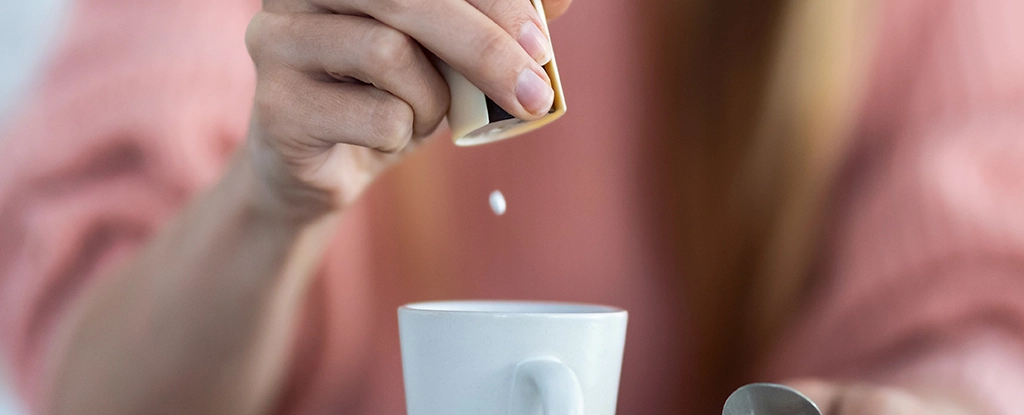A Popular Sweetener Was Linked to Increased Anxiety in Generations of Mice
A Popular Sweetener Was Linked to Increased Anxiety in Generations of Mice

www.sciencealert.com
A Popular Sweetener Was Linked to Increased Anxiety in Generations of Mice

A Popular Sweetener Was Linked to Increased Anxiety in Generations of Mice

A Popular Sweetener Was Linked to Increased Anxiety in Generations of Mice
